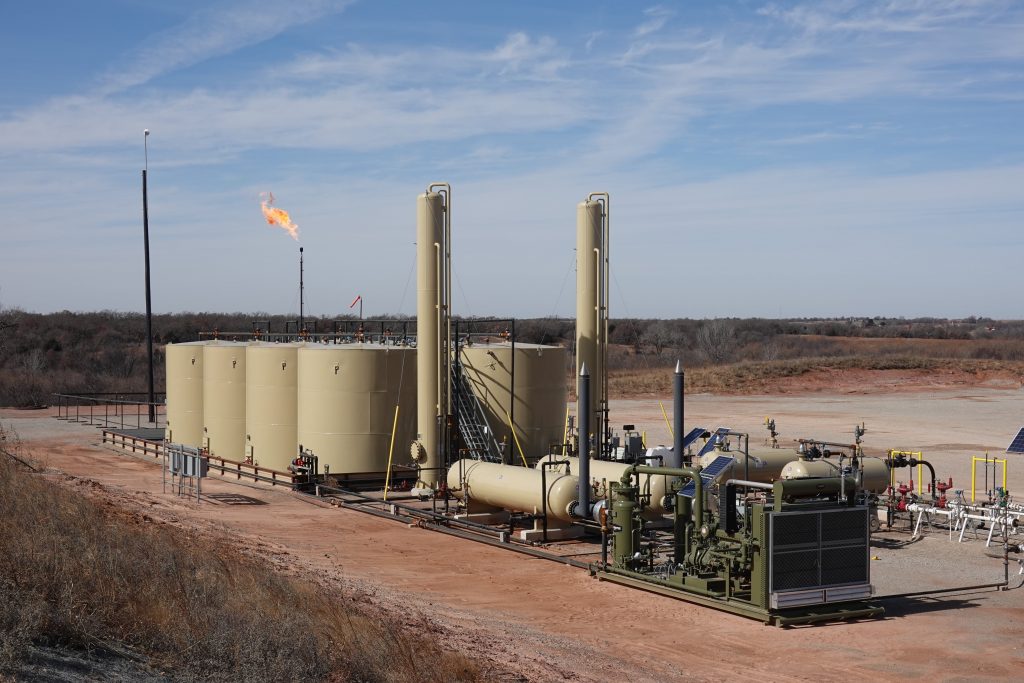
Investing in oil and gas isn’t just about aiming for profit; it’s also a smart strategy for smart investors looking to improve their tax situation. To make the most of these tax benefits, it’s important to understand tax laws and how oil and gas investments work. Exploring tax-saving strategies in oil and gas investments can be a smart move for investors looking to enhance their financial portfolios and lower their tax bills.
Oil and gas investments are notable not just for their potential financial returns but also for the attractive tax benefits they bring to the table. These benefits can greatly reduce taxable income, offering a strategic edge for those trying to make the most of tax laws.
Tax Deductions play a key role. Investors may be able to lower their taxable income by deducting a part of their investment. This includes costs like operational expenses and depreciation. For instance, if you invest in drilling, a significant portion of your initial investment may be deductible in the first year.
Contact DW Energy
Want to learn more about oil & gas investing? Our expert team can provide you with more information or schedule a consultation to talk about diversifying your investment portfolio.

Pass-Through Structures and Favorable Tax Treatment make these investments even more appealing. Many oil and gas investments are structured in a way that allows profits to be passed directly to investors without being taxed at the corporate level. The direct allocation of profits and losses to investors will enable them to potentially use any losses from the oil and gas operations to offset other taxable income, enhancing the tax efficiency of their overall investment portfolio. This structure can lead to more favorable tax treatment, enhancing the investment’s overall tax efficiency.
Depletion Allowance is a fiscal measure that acknowledges the gradual consumption of natural resources such as oil and gas. Over time, as these resources are extracted and sold, their remaining quantity diminishes, which could potentially reduce the value of the resource extraction business.
To mitigate this effect, the 1990 Tax Act permits qualifying companies – specifically, smaller oil producers or direct investors in such operations – to deduct 15% of their revenue from the production of these resources directly from their taxable income. This deduction effectively lowers their taxable income, resulting in reduced tax liabilities.
Offsetting Income and Holding onto More Earnings is a powerful aspect of oil and gas investments. There’s potential to offset a significant portion, if not all, of an individual’s adjusted gross income. This means investors can keep more of their earnings instead of handing them over in taxes.
This financial benefit is primarily due to deductions such as the depletion allowance, intangible drilling costs, and development costs. These deductions lower taxable income by accounting for the expenses and losses associated with oil and gas production. By utilizing these deductions, investors can significantly reduce their tax liabilities, thereby increasing their net earnings and enhancing the overall attractiveness of oil and gas investments.
While these tax benefits are undeniably attractive, navigating the tax laws and maximizing these advantages requires expertise. It’s important to work with tax professionals and oil and gas investment experts who are well-versed in oil and gas investments. They can help ensure you’re getting the most out of your investment while remaining compliant with tax regulations.
Oil and gas investments offer unique tax benefits, setting them apart from many other types of investments. Taking full advantage of these benefits requires a deep understanding of tax laws and investment structures, highlighting the importance of professional guidance. Considering these tax-saving strategies in oil and gas investments could be a wise decision for investors looking to optimize their financial portfolios while keeping taxes in check.
DW Energy partnerships are designed to optimize the advantages of direct involvement in domestic oil and gas exploration and production. To discover how you can benefit, please get in touch with us.
Contact dw energy
Sources:
“Oil: A Big Investment with Big Tax Breaks,” Investopedia, https://www.investopedia.com/articles/07/oil-tax-break.asp
“What Is a Flow-Through (Pass-Through) Entity, Types, Pros & Cons,” Investopedia, https://www.investopedia.com/terms/f/flow-through.asp
“Petroleum and Ethanol Fuels: Tax Incentives and Related GAO Work,” GovInfo, https://www.govinfo.gov/content/pkg/GAOREPORTS-RCED-00-301R/html/GAOREPORTS-RCED-00-301R.htm
“Intangible Costs, Real Benefits,” American Petroleum Institute, https://www.api.org/news-policy-and-issues/blog/2014/09/18/intangible-costs-real-benefits
